Communicating Research
FMC Cross-Departmental Seminar Series 2015-16
The Faculty of Media and Communication at BU
Venue: W240, Weymouth House, Talbot Campus, Bournemouth University, Fern Barrow, Poole, Dorset, BH12 5BB
Wednesday 11 May 2016, 3pm, W240
A Centre for Politics and Media Research Guest Lecture
Maria Rovisco, Department of Media and Communication, University of Leicester
Picturing the Square: the Indignados Social Movement, Pop-up Democracy and the Occupied Square
This paper is concerned with how the indignados social movement (also known as M15) used particular forms of symbolic communication to articulate their collective self-representation as a movement of global citizens. Using a cultural sociology approach, I argue that in their public communication the indignados use the image of the ‘occupied square’ as a symbol of democracy ‘from below’ to transcend the local and address a global public of equally disaffected ordinary citizens. City squares became a stage for a political theatre in which the indignados go on to articulate their democratic struggles and a new way of doing politics outside formal politics, which is highly performative, and constitutive of their collective identity. Drawing upon Hariman and Lucaites’s (2007) conception of iconic image, we will see that the image of the occupied square resonates with global audiences because its meanings tap on a repertoire of culturally shared representations of non-violent occupations of urban space in the twentieth-century (e.g., Tiananmen Square, the civil rights sit-ins) that is powerfully embedded in western public memory. Through semiotic analysis of visual material (maps, photos, posters, image memes) and discourse analysis of public documentation (e.g., pamphlets, manifestos) available in the blogs of the encampments of Lisbon, Barcelona and Madrid, I will show how the occupied square can be understood both as a model of dissent and democratic participation, which becomes available for global circulation when it is picked up and amplified by the media.
About the series
This new seminar series showcases current research across different disciplines and approaches within the Faculty of Media and Communication at BU. The research seminars include invited speakers in the fields of journalism, politics, narrative studies, media, communication and marketing studies. The aim is to celebrate the diversity of research across departments in the faculty and also generate dialogue and discussion between those areas of research.
Contributions include speakers on behalf of
The Centre for Politics and Media Research
The Centre for the Study of Journalism, Culture and Community
Promotional Cultures & Communication Centre
Public Relations Research Centre
Narrative Research Group
Journalism Research Group
Advances in Media Management Research Group
Kind Regards,
Brian
Brian McNulty
Research Development Co-ordinator
Faculty of Media & Communication
The Loft (P181), Poole House, Talbot Campus
Fernbarrow, Poole
BH12 5BB
bmcnulty@bournemouth.ac.uk
(+44 (0)7834 154984
Office Hours: Monday-Friday 8:00-16:30
Web: www.bournemouth.ac.uk
Join us on: Facebook |Twitter |YouTube |LinkedIn
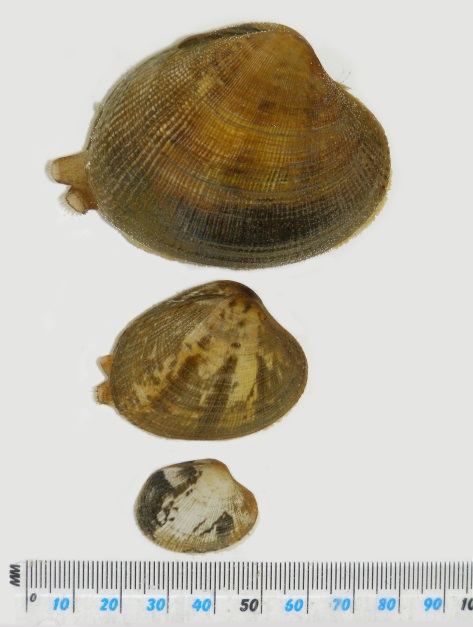

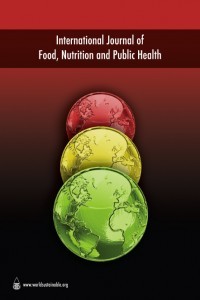

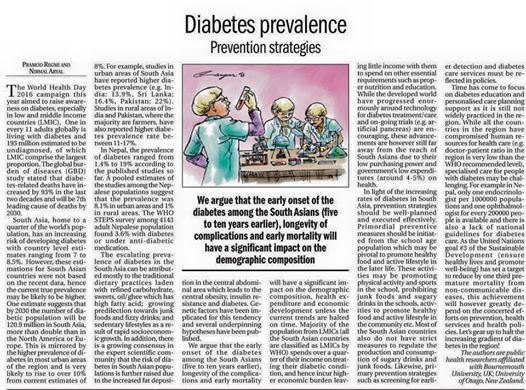
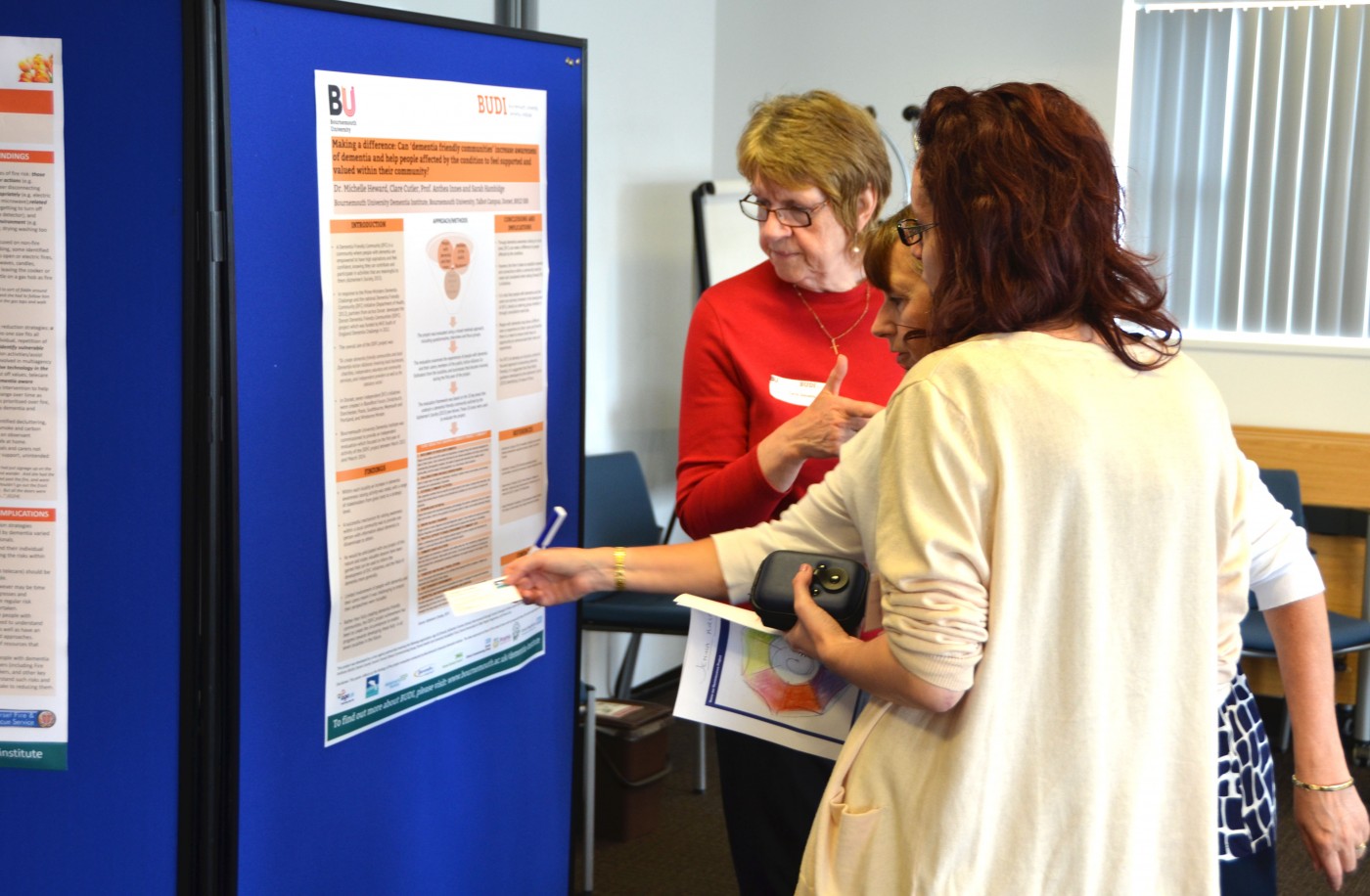
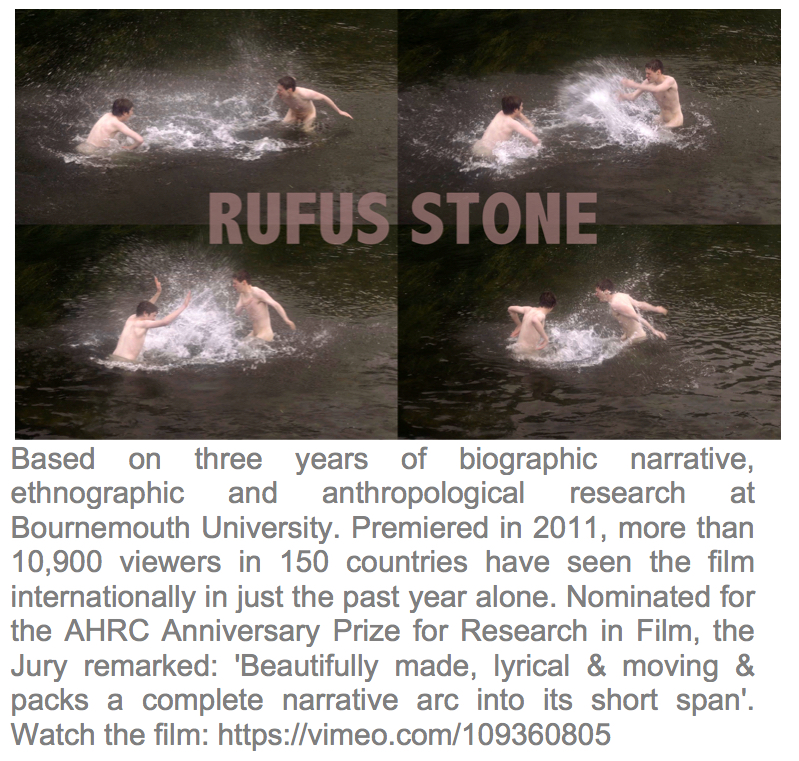


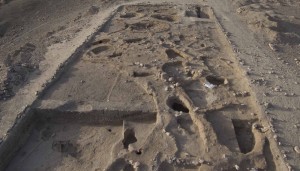 ). This was published by BU staff member Emma Jenkins who is a Senior Lecturer in Archaeology and colleagues from the University of Reading and Oxford Brookes University. This is a significant paper which presents 46 AMS Radiocarbon dates from the site and utilizes Bayesian methods to try and establish a chronology for WF16, one of the earliest settlements in the world which is located in southern Jordan. The excavation was unique in its size and scope for a site of this time period and in the number of AMS dates obtained. This paper makes an important contribution to our understanding of the Neolithic in the Levant-a time and place which saw the transition from mobile hunter-gatherers to settled farming communities. The paper is published Gold Open access and is available here: http://eprints.bournemouth.ac.uk/23519/
). This was published by BU staff member Emma Jenkins who is a Senior Lecturer in Archaeology and colleagues from the University of Reading and Oxford Brookes University. This is a significant paper which presents 46 AMS Radiocarbon dates from the site and utilizes Bayesian methods to try and establish a chronology for WF16, one of the earliest settlements in the world which is located in southern Jordan. The excavation was unique in its size and scope for a site of this time period and in the number of AMS dates obtained. This paper makes an important contribution to our understanding of the Neolithic in the Levant-a time and place which saw the transition from mobile hunter-gatherers to settled farming communities. The paper is published Gold Open access and is available here: http://eprints.bournemouth.ac.uk/23519/










 Read and sign up to BU’s Policy Influence Digest
Read and sign up to BU’s Policy Influence Digest Upcoming opportunities for PGRs – collaborate externally
Upcoming opportunities for PGRs – collaborate externally BU involved in new MRF dissemination grant
BU involved in new MRF dissemination grant New COVID-19 publication
New COVID-19 publication MSCA Postdoctoral Fellowships 2024
MSCA Postdoctoral Fellowships 2024 Horizon Europe News – December 2023
Horizon Europe News – December 2023